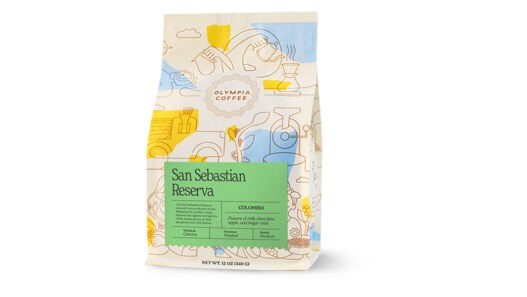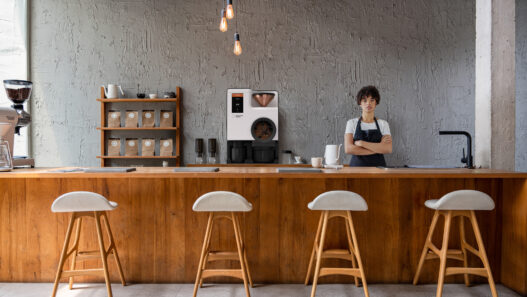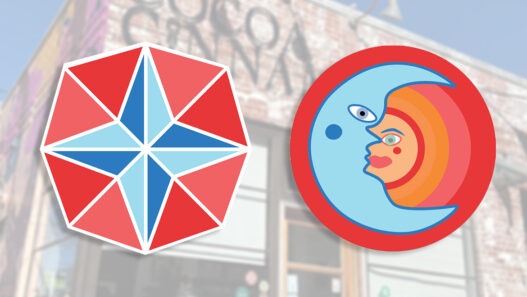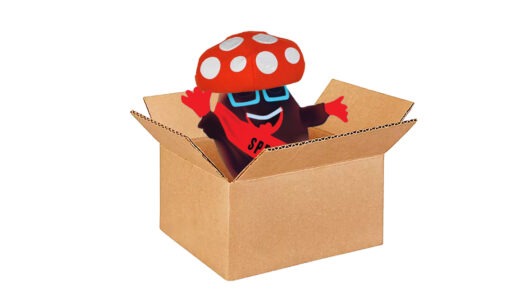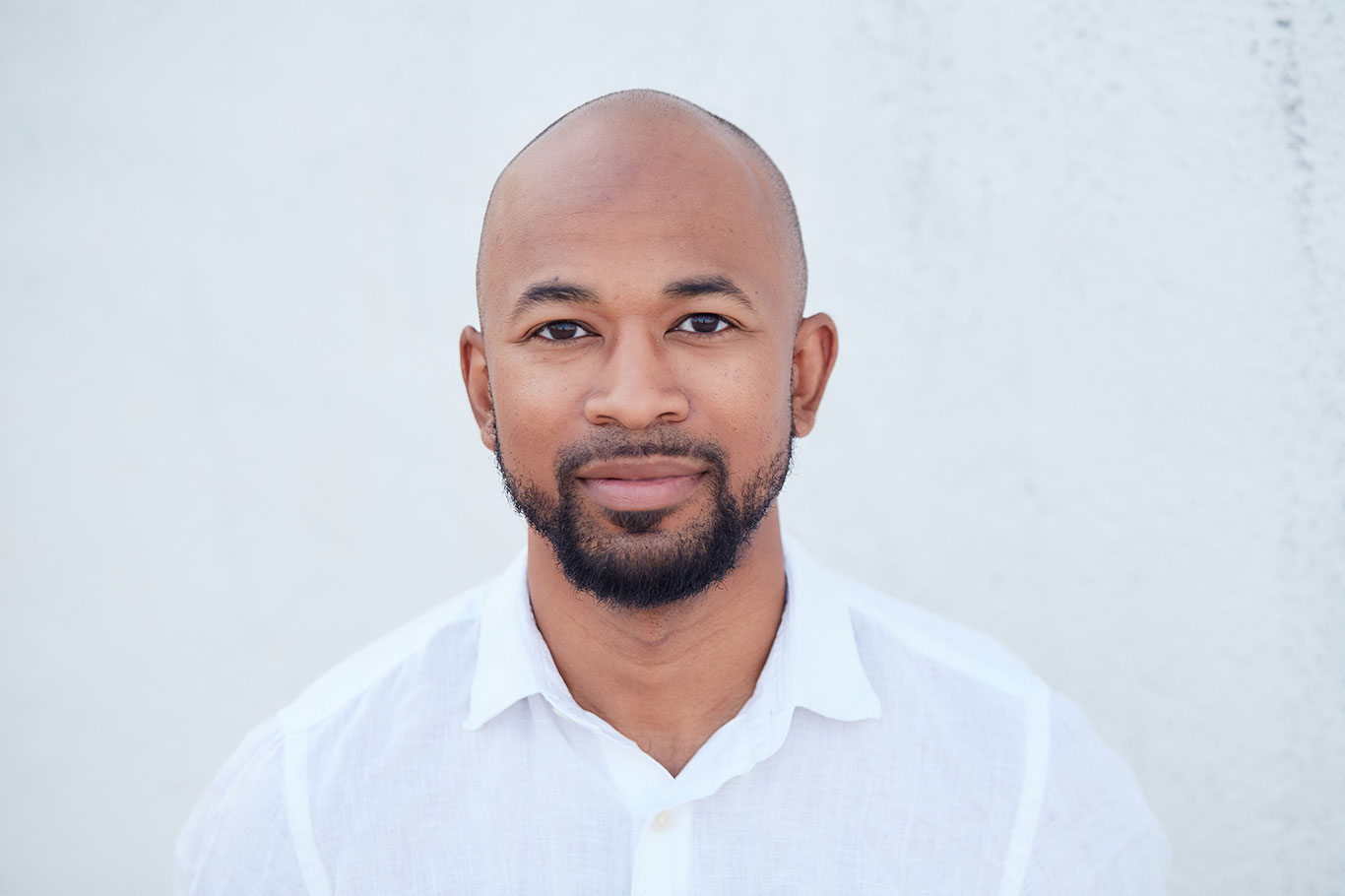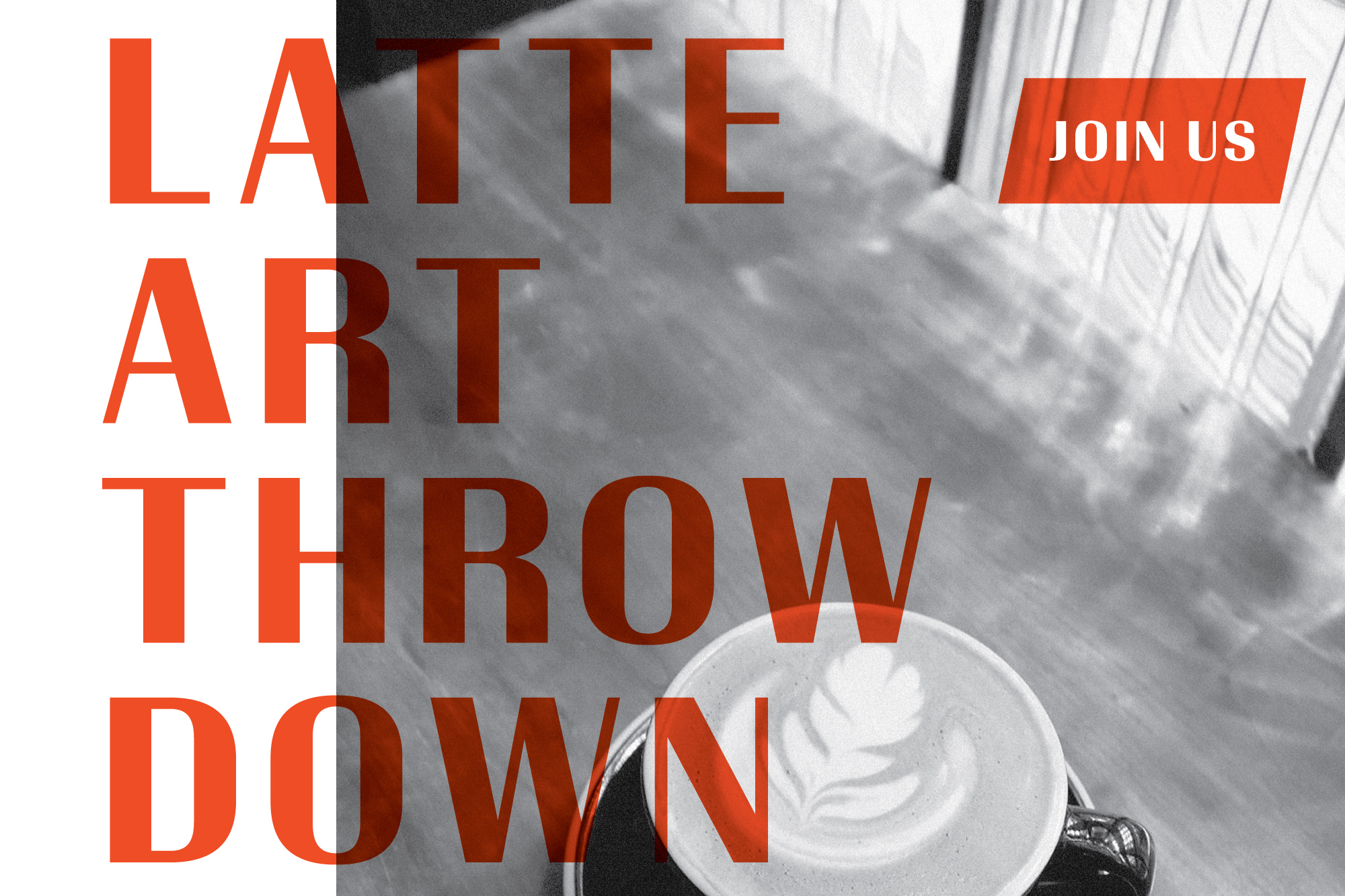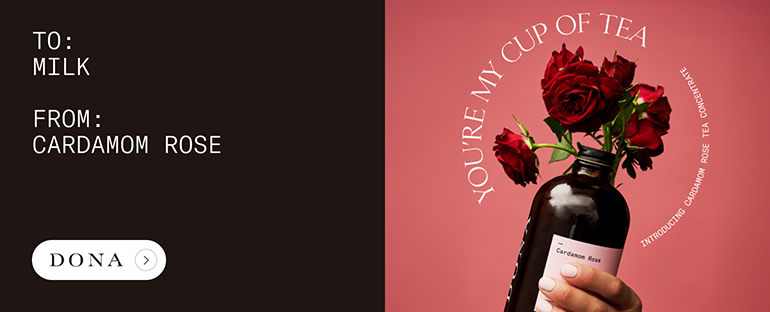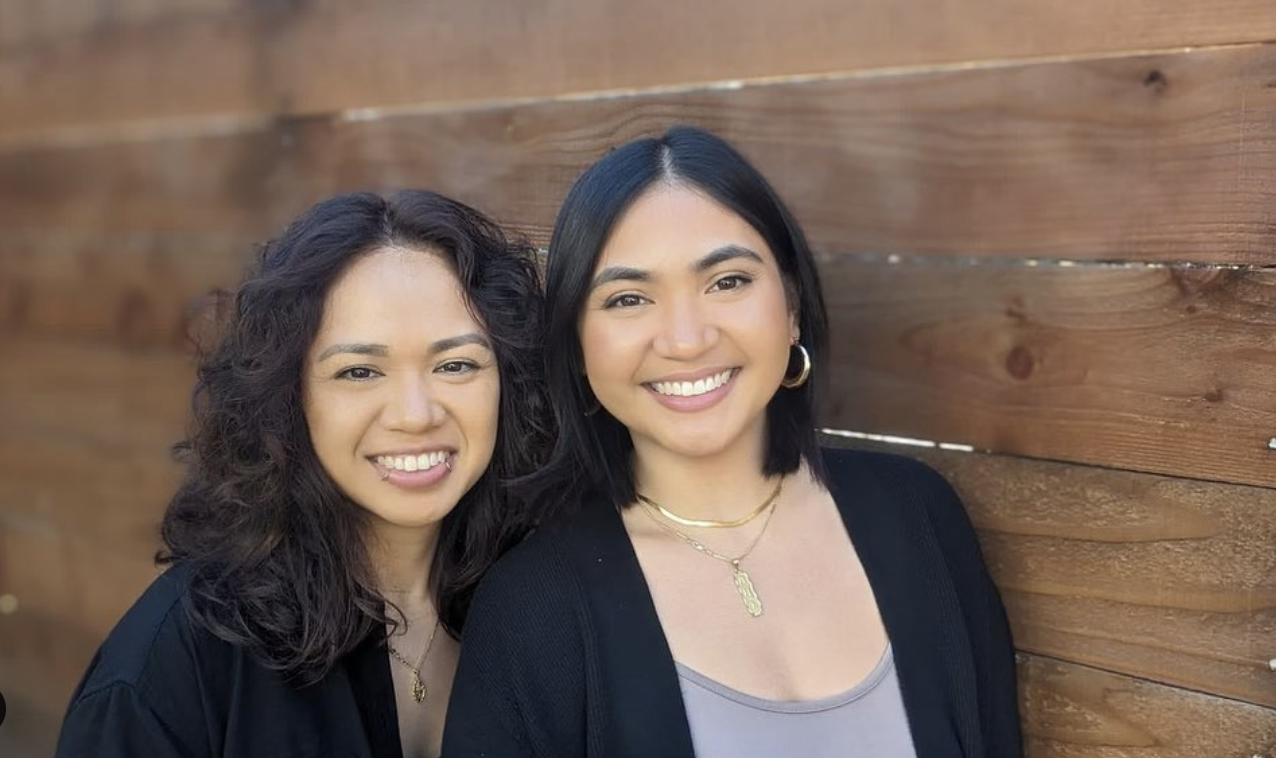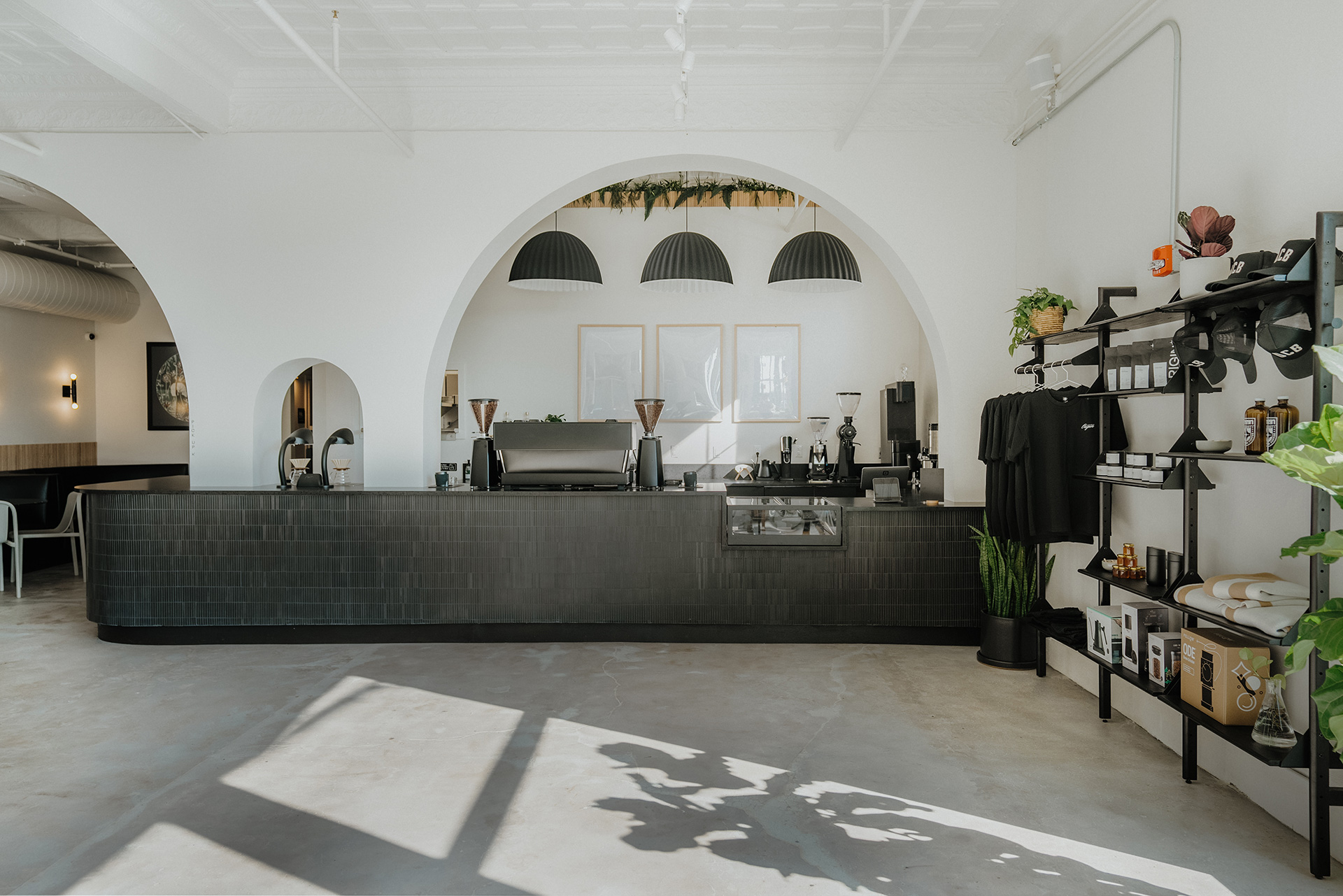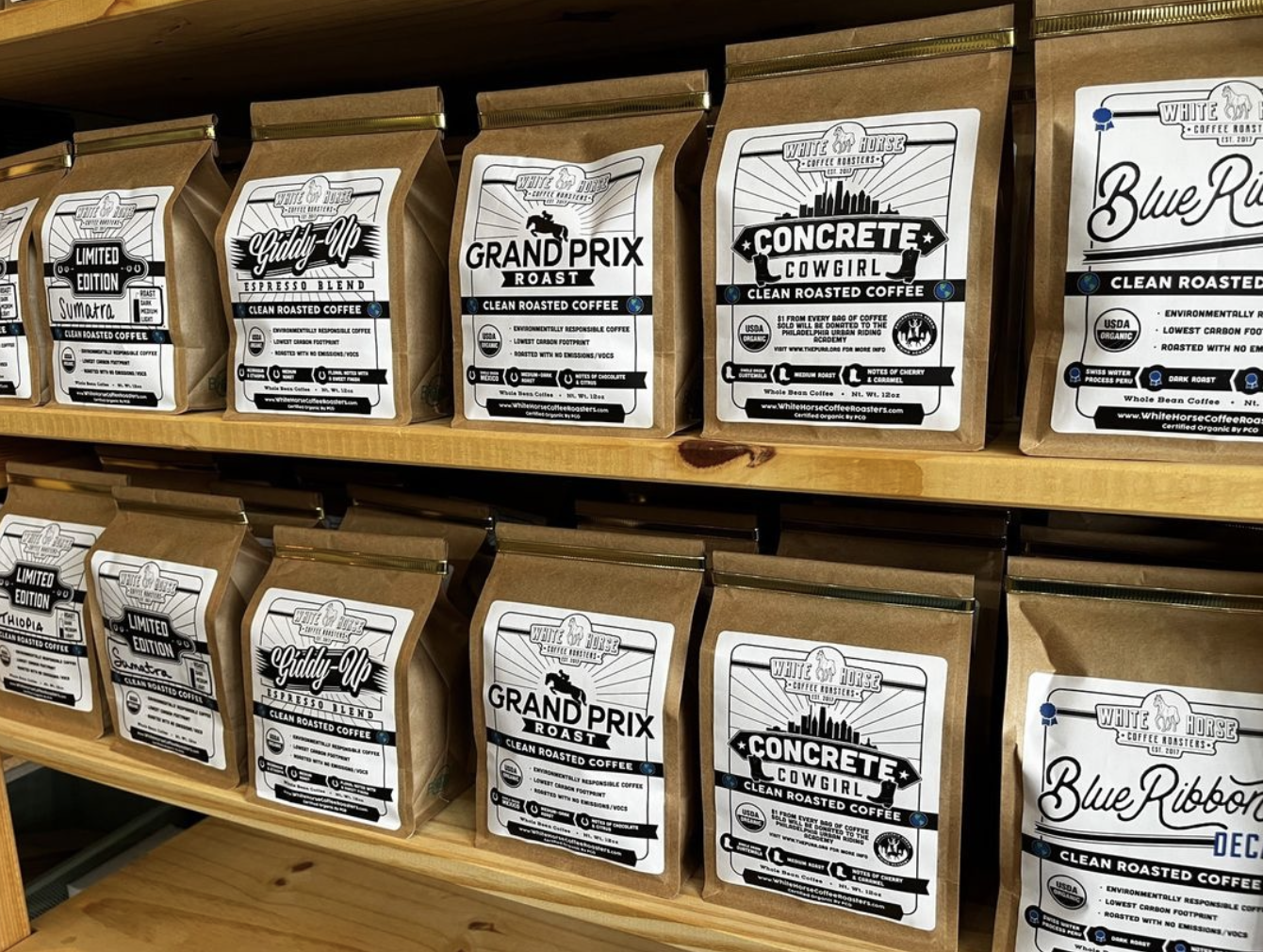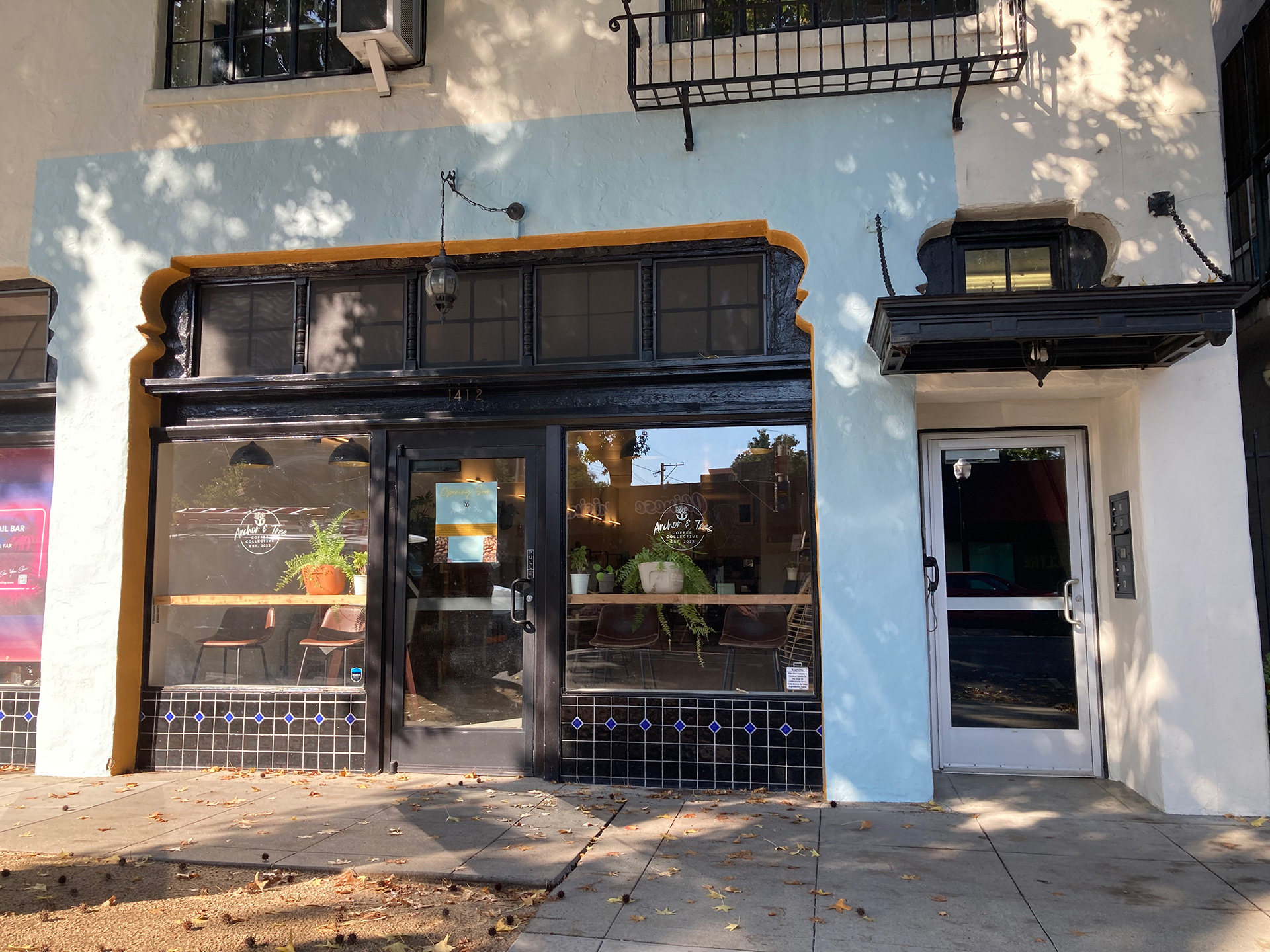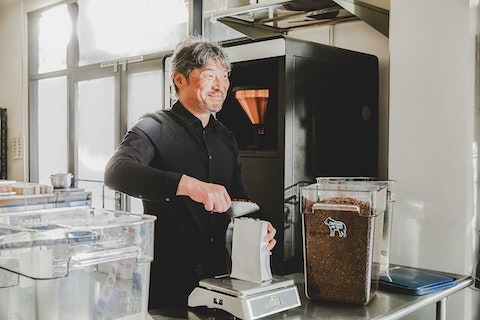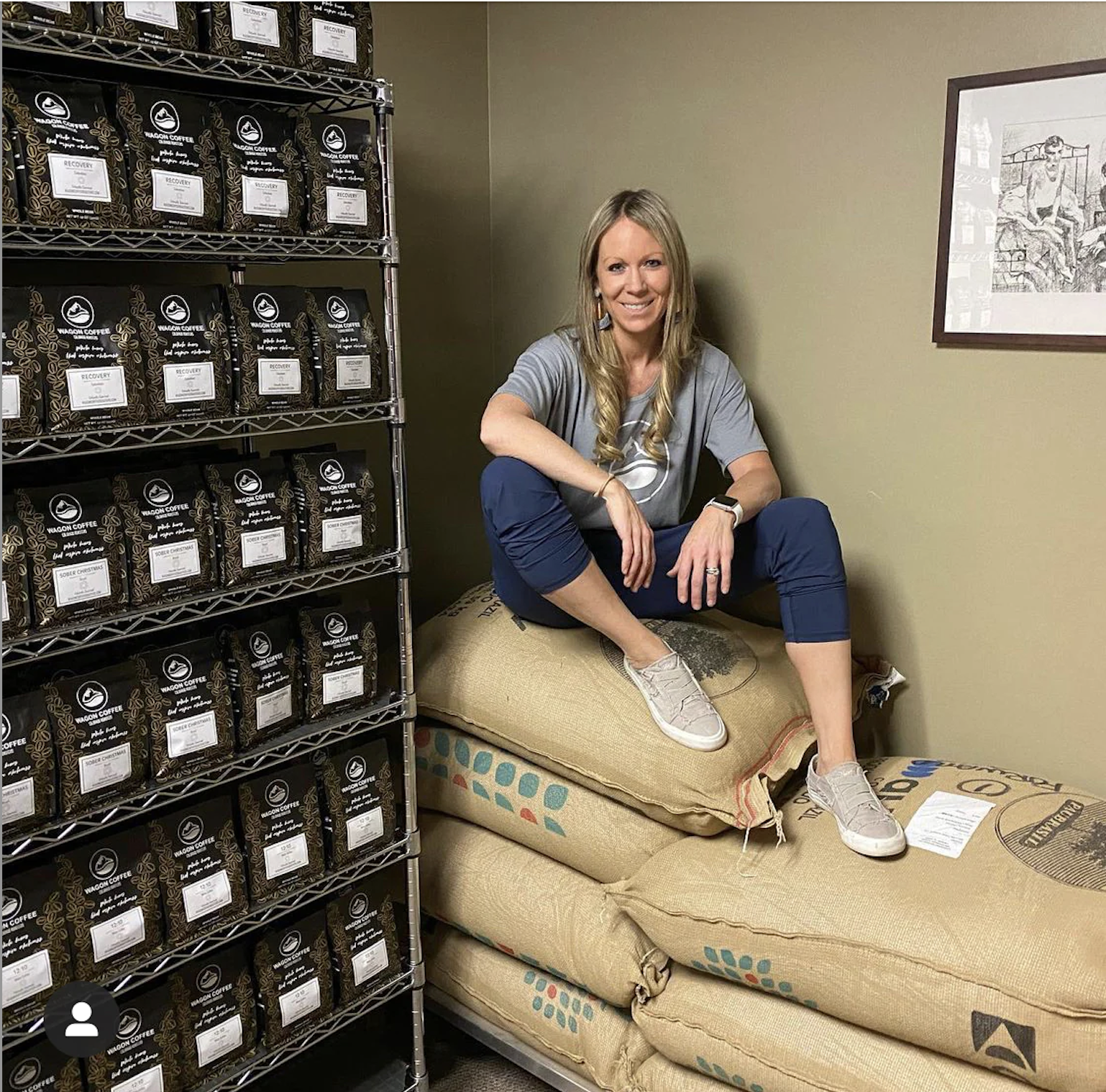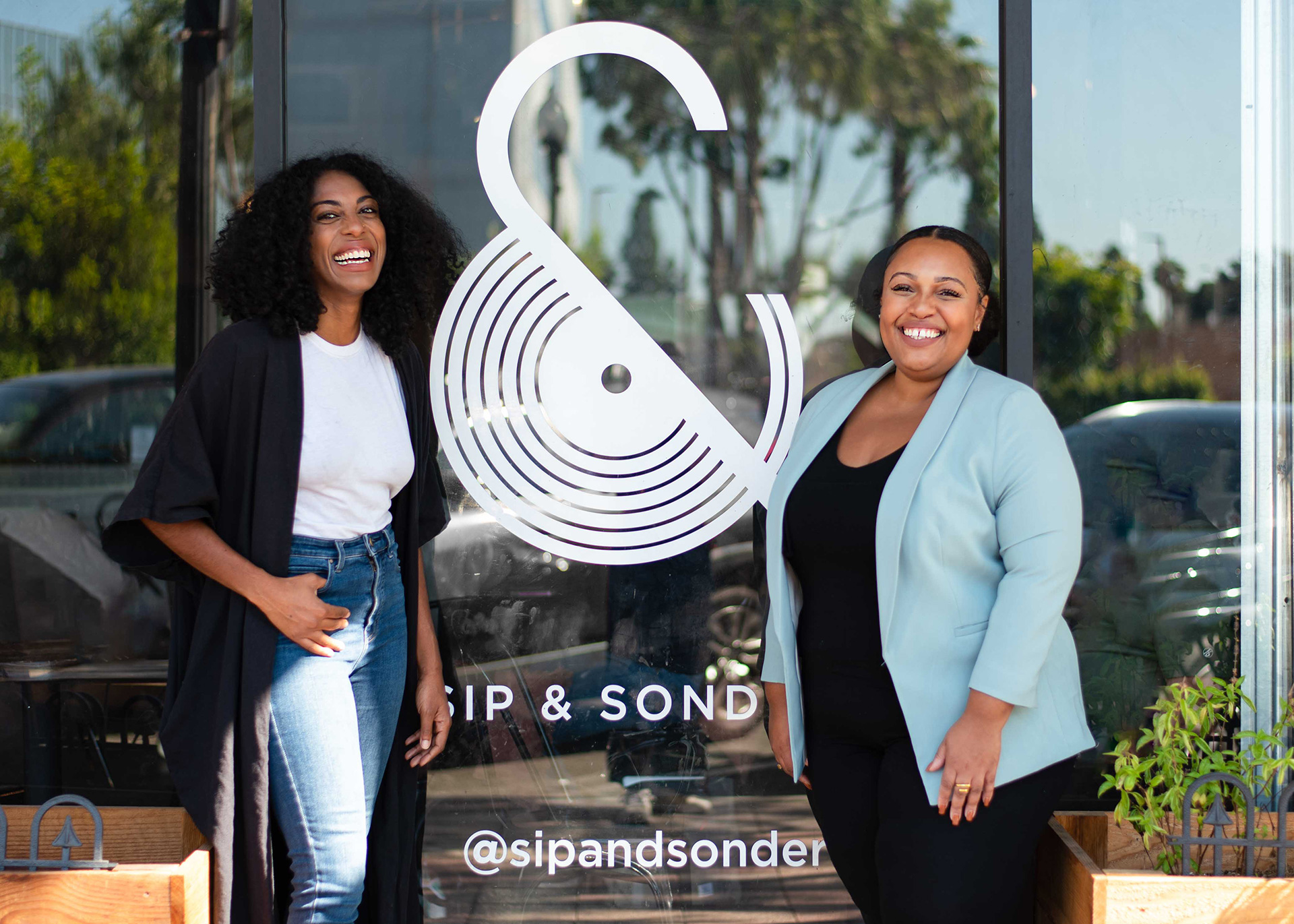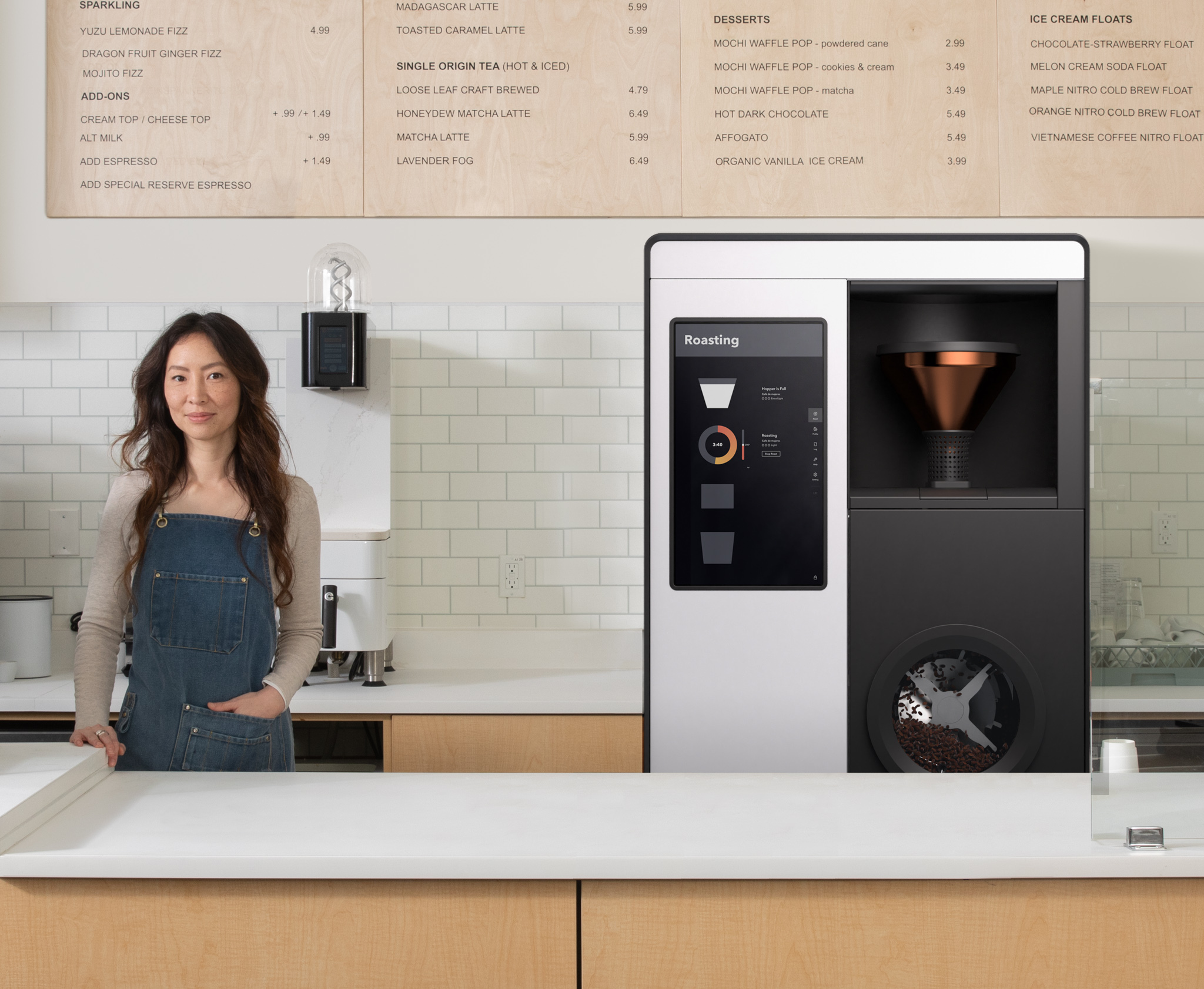Welcome to Roaster Spotlight, a new feature series on Sprudge dedicated to the art and science of coffee roasting, and the intrepid roasters who keep the flame. Roaster Spotlight on Sprudge is proudly presented in partnership with Mill City Roasters.
For the second edition of Roaster Spotlight, we wanted to take a closer look at one of the truly ascendant coffee roasting brands in America right now: BLK & Bold, a coffee roaster based in Des Moines, Iowa. Founders Rod Johnson and Pernell Cezar have enjoyed a meteoric rise in popularity and sales over the last few years, becoming one of America’s best-recognized coffee brands along the way, with major placements via Target, Whole Foods, and other national retailers. The brand’s work will be familiar to Sprudge readers, most recently featured in this in-depth episode of the Seed To Cup podcast, hosted by Giovanni Fillari.
Coffee is just part of the story here, as BLK & Bold pledges 5% of its profits to initiatives aligned to sustaining youth programming, enhancing workforce development, and eradicating youth homelessness. The company’s collaborations with Ben & Jerry’s and the NBA have only helped raise the profile of this work, and today they represent a new, exciting example of coffee’s capacity for good in wider society.
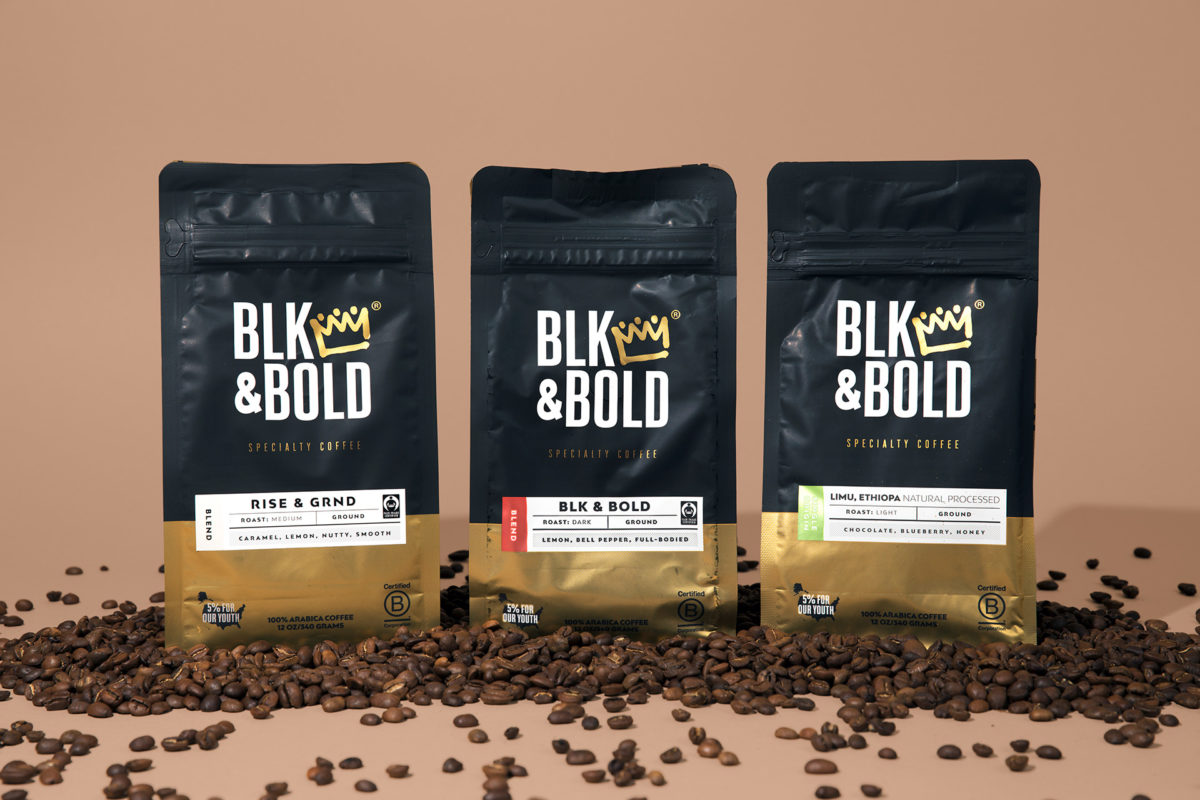
Love is a two-way street, and for BLK & Bold the love of coffee is deeply felt. “When you look at how loved coffee is in society,” says co-founder Pernell Cezar, “to have the skill and the knowledge to be the curator of the experiences that everyone enjoys everyday is actually really awesome.” This interview is full of memorable quotes like this one from Cezar, who goes on to call the art of coffee roasting “a beautiful science.” That’s music to my ears.
— Jordan Michelman
As a roaster, what are you looking for in a good cup of coffee?
Good is relative, and for me I would say, medium roast coffee is a great—pun intended here—sweet spot to be able to still capture a lot of nuances of specialty coffee bean while also being able to draw on a full body experience from the cup. That’s just my preference!
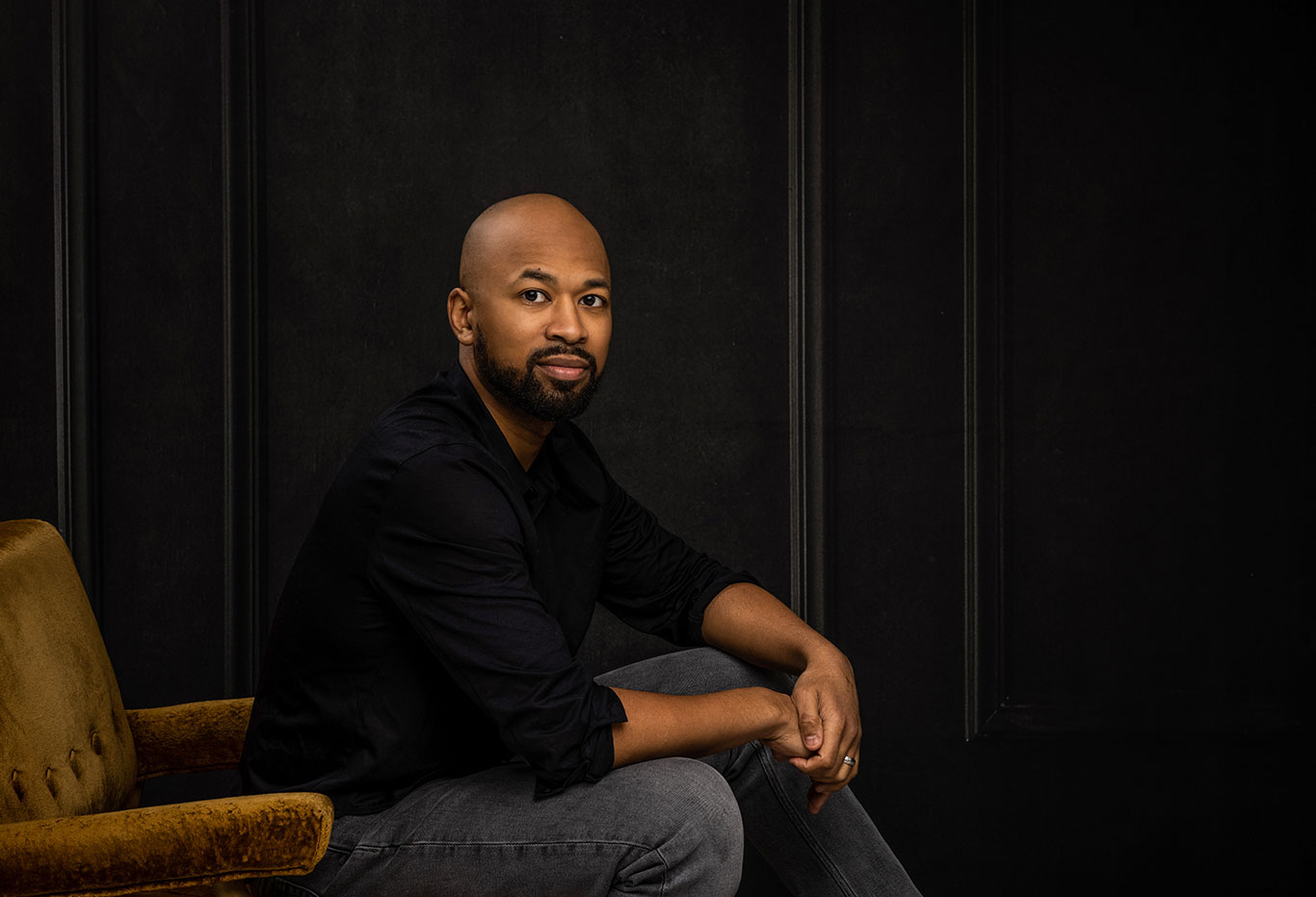
What have been some surprising coffees to come across your cupping table?
We dibble and dabble across processing methods between washed, natural, and honey; especially on the cupping table we’ve had some very fun washed coffees from regions in Ethiopia, in particular. I’d say the most surprising one from the team and fan favorite is Wush Wush, a natural process out of Ethiopia. A soft wine yet sweet notes to it and flavorful due to the natural process. It’s very delicate and beautifully developed.
What are some of the challenges of roasting they don’t tell you about?
Every operator has their own specific relationship with the machine. We rely on technology to guide us and keep us in check. Understanding the machine, getting to know the machine, making sure the machine knows you—it’s all; a very real part of the art of roasting. How you steer time and temp can be spoken to you, but until you get behind the control panel and you get how you pace your decisions (just like driving a car), how you pace your decisions is going to impact how you control what you’re going to draw out of time and temp, for whatever roast profile you’re doing.
What are some of the best parts about roasting coffee?
Understanding the nuances to get the end result. It’s all very much a beautiful science. Roasting coffee is definitely a craft, but it’s also a unique language and skill set. I think it definitely unites fellow coffee roasters even more so when you look at how loved coffee is in society and to have the skill and the knowledge to be the curator of the experiences that everyone enjoys everyday is actually really awesome. I think the cool part is how many people you get to touch and appreciate the process of making coffee that other people, of course, provide, other roasters provide. It’s a really cool knowledge base that unites people.
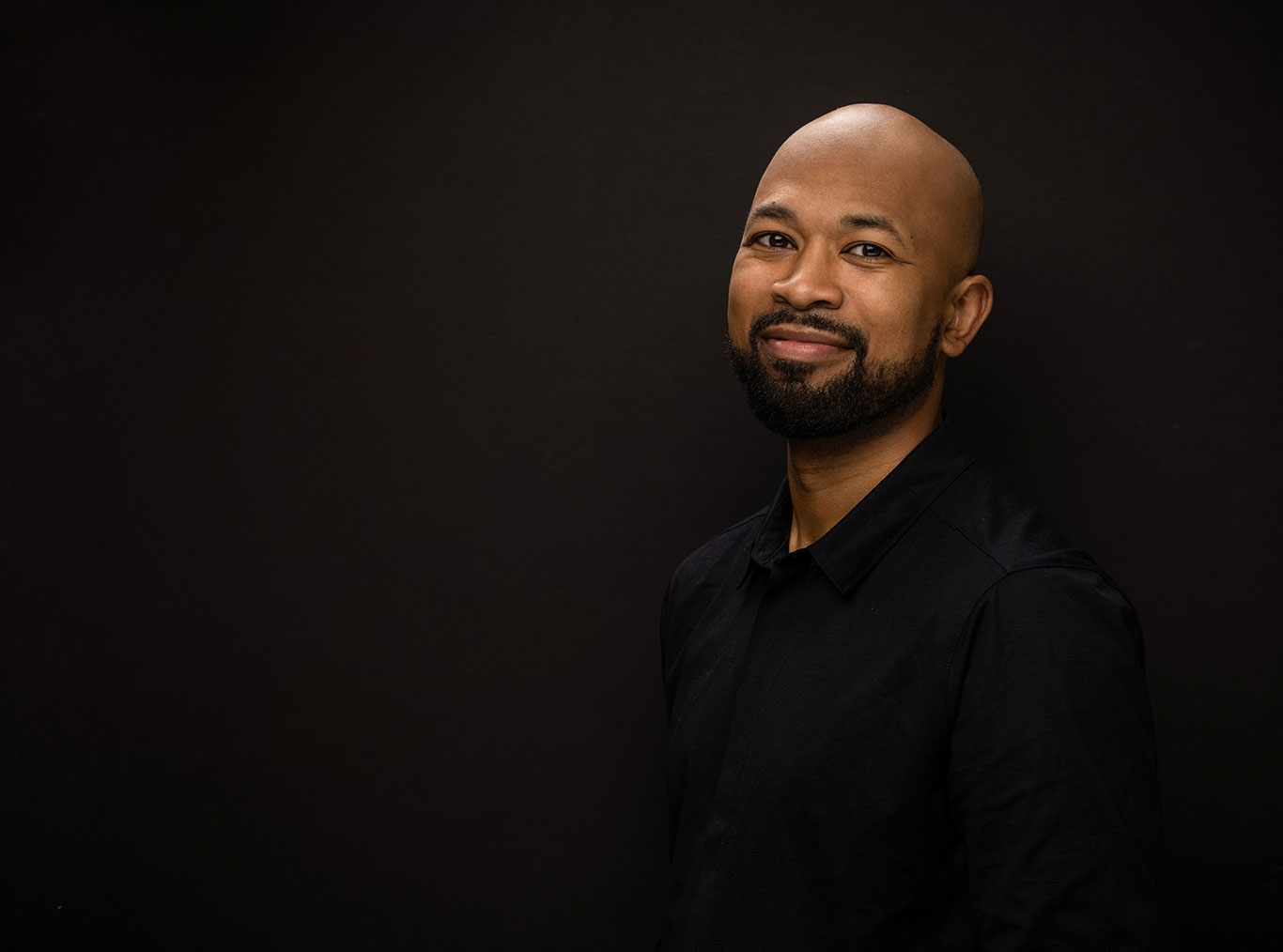
What’s your approach to blending?
Our approach is post-roast blending. We focus on QC and cupping the specific bean and the potential of the bean. We have built our blend profiles based off of the best of each respective bean roast can and should be, and then determining what the best end cup experience can be from that.
How does technology help your work as a roaster? What tools do you use?
We rely on our Cropster for our roasting ERP system. We record all of our QC cupping and our roasting profiles kind of keep it end to end on production integrity. We also rely on agtrons for every batch in order to ensure our roast colors are consistent for every single batch to match. We have particle size readers for our ground coffee to ensure consistency, and make sure we hit spec. From a roasting equipment standpoint, today we have three 60kg Mills City Roasters and great support by that team.
We know a lot of roasters who LOVE to listen to podcasts or music while they’re manning the machine—what do you like to listen to?
Music, especially new music. One thing you never want to do is get spacey as a roaster. But I listen to Kendrick, Freddy Gibbs, Sir, JID, Childish Gambino, and then I lock in on Badu when it’s something keyboard related; different artists for different tasks.
What’s your relationship to visiting origin?
The Aromia region, where we source our natural process Limu, is a mainstay item in our assortment. We haven’t been able to formally crack the code on timing to visit origin, but we’ve built a strong relationship through our importer, Samuel Demisse at Keffa Coffee. The Aromia region is in Keffa, and he’s a native Ethiopian.
What is your easiest origin or variety to roast? Conversely, what origin or variety is the hardest to roast, and why?
First of all, no roasting of a bean is easy. Every bean is different; it’s just a matter of the more you do something the more you get comfortable of what to look out for. Ultimately you’re roasting for a desired end experience. If I roast something more, I have an expectation on what the experience is, and then I can pursue it a lot better, just like cooking something.
Because we do source a good amount of fair trade through Honduras and Central America, I feel pretty good about just the process of roasting from that origin. The hardest for me would be Kenya, because it’s not as frequent; we don’t do as many scaled Kenya products yet, it’s still in the early stages. Just the level of complexity and potential that comes from coffee, it means you’ve really got to study it. This is probably the most challenging and the most fun part about it.
Where do you roast? Can you tell me about the physical space and why you have it set up that way?
We roast out of the Des Moines, IA. At our headquarters, the roasting/production area is about 33,000 square feet—we just recently expanded another 13,000. It’s an SQF certified facility. Process flow is super important to make sure we have the highest standards of food service processing and so we make sure we have dedicated floor space between staging for roasting, roasting and grinding/packaging and then storage and prep. The roasting/production area is about 10,000 square feet of it. The flow is set up for shipping and receiving, then we have a production area, is the staging for the machines (three 60kg Mill City Roasters) that kind of flows over to our commercial grinding area into our packaging area. From there the rest of the building is storage and prep for shipments.
What expectations did you have when you started roasting and how has your experience met or changed those expectations?
We plan to continue breaking barriers and igniting social change while showing our consumers and fans that BLK & Bold isn’t just a specialty beverage brand. By turning a daily ritual of enjoying coffee and tea into a platform for supporting youth in need, we are open to exploring new ways of bringing this to life.
What do you wish you could do more of if your market allowed it?
If the market allowed it I would definitely want to change what the merchandising experience of coffee looks like in retail. I would definitely want to present a premium experience based off of origins and education of the delicacy of what the maturity of the experience of coffee could be.
Thank you!
This story appears as part of Roaster Spotlight, a new feature series on Sprudge dedicated to the art and science of coffee roasting, and the intrepid roasters who keep the flame. Roaster Spotlight on Sprudge is proudly presented in partners with Mill City Roasters.









